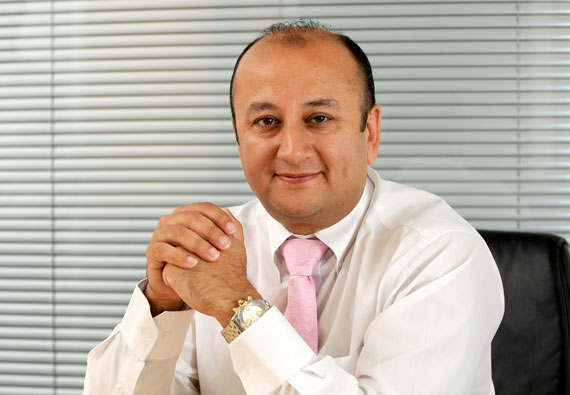Marshall Motor Holdings has reported 2017 financial performance ahead of its “previously upgraded pre and post-tax expectations” in a statement issued by the London Stock Exchange.
Despite margin pressure and a decline in fleet sales as the market returned to what the AM100 group referred to as “normalised levels” in the second half of 2017, it said that it expected to announced an improved set of financial results at the end of March.
Last year Marshall strengthened its balance sheet with the sale of Marshall Leasing Limited to N.I.I.B Group Limited, a wholly owned subsidiary of Bank of Ireland (UK) plc for a gross consideration of £42.5m and took the decision to close six franchised outlets following a review of its business operations.
The group said in its statement that a net debt of £101.1 million as of June 30, 2017, had been “effectively eliminated” by the actions, with the group having a “small net debt position” by the end of the year.
It added: “Together with the group's committed £120m revolving credit facility, the group remains in a very strong financial position and well positioned to exploit future growth opportunities.”
Commenting on 2017’s performance as a whole Daksh Gupta, Marshall's chief executive officer, said: "I am delighted to report that the financial performance of the group during 2017 is expected to be ahead of our previously upgraded expectations despite the market backdrop.
“Following the disposal of MLL we are now focused exclusively on our motor retail business and our balance sheet has been further enhanced.
“We therefore approach 2018 from a position of increased financial strength and with the ongoing support of our brand partners."
Marshall said that its franchise partners had responded positively to a market which had decreased by 5.7%, with retail sales declining by 6.8% and fleet sales declining by 4.7% during 2017.
In H1 the group outperformed the UK market reporting a marginal 0.4% decline in like-for-like unit sales to retail customers.
In H2, the UK new vehicle market declined further with total new vehicle registrations to retail customers decreasing by 9.2%.
The group said that it had maintained its outperformance of the market given its brand portfolio, locations and people.
In H1, the group reported a 5.8% increase in like-for-like used unit sales. In H2, the Group continued to perform well, supported by a disciplined stocking policy.
Marshall’s aftersales revenues remained stable with like-for-like revenue growth in H2 broadly consistent with the 2.3% growth reported in H1.
Marshall said that it remains cautious about the UK car market in 2018 as it returns to a more normalised level, but added: “The strategic disposal of MLL allows the Group to focus on its core motor retail business and is well placed to continue to outperform the UK new car market.”















Login to comment
Comments
No comments have been made yet.